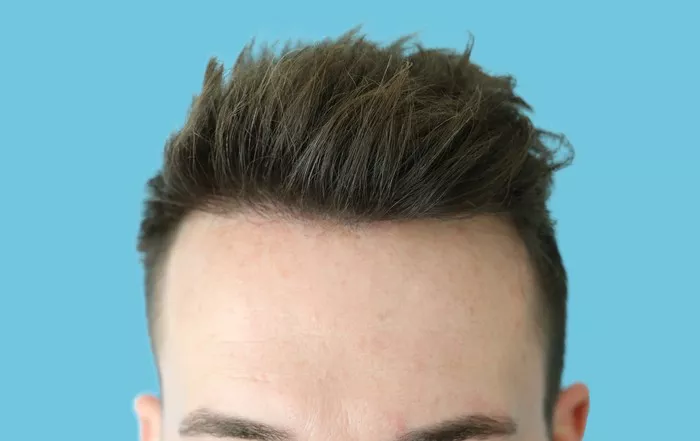When it comes to the beauty and health of your hair, the importance of adequate hydration often goes underestimated. Hair fall, or hair loss, is a common concern for many individuals. In this comprehensive guide, we will delve into the connection between dehydration and hair fall, shedding light on how staying well-hydrated can promote strong, luscious locks.
1. Understanding the Basics: What Causes Hair Fall?
Before we explore the relationship between dehydration and hair fall, it’s crucial to understand the various factors that can contribute to hair loss.
a. Genetics: Genetic predisposition plays a significant role in hair loss. If you have a family history of hair loss, you may be more prone to it.
b. Hormonal Changes: Fluctuations in hormones, such as during pregnancy or menopause, can lead to hair loss.
c. Medical Conditions: Underlying medical conditions like thyroid disorders and alopecia areata can trigger hair loss.
d. Stress: High-stress levels can lead to a condition known as telogen effluvium, causing hair follicles to enter a resting phase and leading to hair fall.
e. Diet and Nutrition: A diet lacking essential nutrients can weaken hair, making it more prone to falling out.
2. Dehydration and Hair Loss: The Hidden Link
Now, let’s explore the connection between dehydration and hair fall.
a. Hair Shaft Composition: Hair is primarily composed of water, approximately 25%. When your body is dehydrated, it prioritizes vital functions over less essential ones like hair growth. Dehydration can lead to brittle, dry hair that’s more prone to breakage and hair fall.
b. Effects on the Scalp: Dehydration can affect your scalp’s health, potentially leading to dandruff and itching. These scalp conditions can contribute to hair fall.
c. Reduced Nutrient Delivery: Dehydration affects blood circulation, which, in turn, reduces the delivery of essential nutrients to hair follicles. Without adequate nourishment, hair becomes weaker and more likely to fall out.
3. Signs of Dehydration and Their Impact on Hair
Recognizing the signs of dehydration is essential to prevent hair fall and promote overall health.
a. Dry, Brittle Hair: Dehydrated individuals often experience dry and brittle hair that’s more susceptible to damage and breakage.
b. Itchy Scalp: An itchy scalp is a common sign of dehydration. Scratching the scalp can damage hair follicles and lead to hair loss.
c. Thinning Hair: Severe dehydration can cause hair to thin and lose its volume. This thinning can lead to noticeable hair loss.
d. Hair Becomes Lifeless: Dehydrated hair often loses its shine and vibrancy, appearing dull and lifeless.
4. Hydration for Hair Health: Tips and Strategies
To combat the effects of dehydration on hair fall, it’s crucial to adopt a hydration-focused approach to your daily routine.
a. Increase Water Intake: Ensure you’re drinking an adequate amount of water daily. The Institute of Medicine recommends about 3.7 liters (125 ounces) of water for men and 2.7 liters (91 ounces) for women.
b. Balanced Diet: Consume a diet rich in fruits and vegetables, which contain high water content and essential vitamins and minerals that promote hair health.
c. Hydrating Hair Products: Use hydrating shampoos and conditioners that help maintain moisture in your hair and scalp.
d. Scalp Massages: Regular scalp massages can improve blood circulation and contribute to hair health. You can use natural oils like coconut oil for added hydration.
5. The Role of Humidity
It’s important to note that environmental factors, such as humidity, can affect the hydration levels of your hair.
a. High Humidity: High humidity can lead to excess moisture absorption by the hair, causing it to become frizzy and unruly. While not directly linked to dehydration, it’s essential to manage humidity levels for healthy hair.
b. Low Humidity: In low humidity, hair can become dry and brittle, further exacerbating the impact of dehydration on hair fall.
See Also: [Revealed!] The Top Hair Vitamins for African American Hair
In conclusion
The answer to the question, “Can dehydration cause hair fall?” is a resounding yes. Dehydration can contribute to various hair issues, making it essential to stay well-hydrated for vibrant, healthy locks. Recognizing the signs of dehydration and adopting hydration-focused strategies, including adequate water intake and the use of hydrating hair products, can help prevent hair fall and improve overall hair health. Embrace the power of hydration for beautiful, luscious hair.


